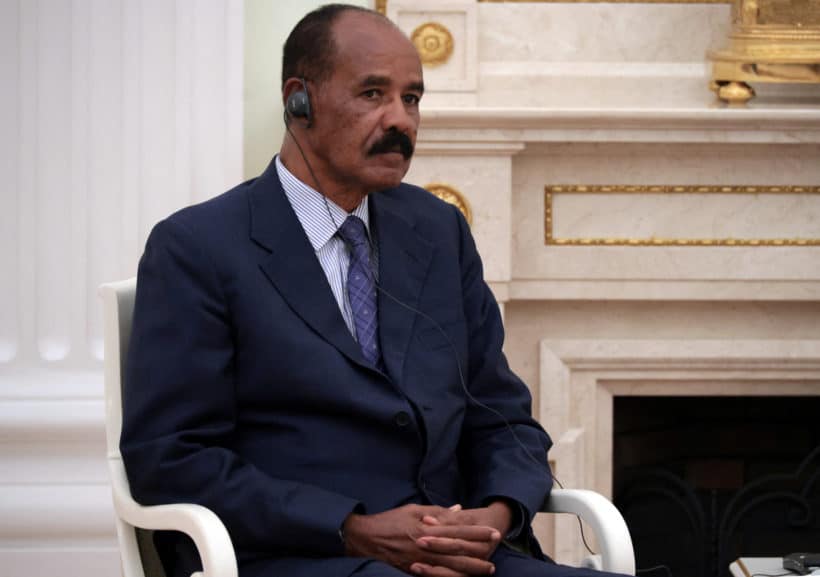
NAIROBI, June 13 (Reuters) – Eritrea has rejoined a regional East African bloc it left 16 years ago, its information minister said, in the country’s latest move to rebuild ties with its neighbours.
The Asmara government quit the Intergovernmental Authority on Development in Eastern Africa (IGAD) in 2007 to protest Ethiopian troops’ entry into Somalia to force out its Islamist rulers.
“Eritrea resumed its activity in IGAD and took its seat at the 14th Ordinary Summit in Djibouti,” Information Minister Yemane Meskel wrote on Twitter late on Monday after the summit. He did not say what had prompted the decision but said Eritrea wanted to join other IGAD members and help advance peace and stability in the region.
Eritrea, which has been ruled by Isaias Afwerki since gaining independence from Ethiopia in 1993, fought a bloody border war with Ethiopia from 1998 to 2000, and has repeatedly fallen out with its neighbours.
It is also under U.S. and EU sanctions for alleged human rights abuses.
However, it has taken steps in recent years to repair regional ties.
In 2018, it signed a peace deal with Ethiopia that formally ended the state of war that had existed since the border conflict, restored diplomatic ties with Somalia and normalised relations with Djibouti.
It has also strengthened ties with Kenya, which announced earlier this year that it would open an embassy in Asmara.
Still, human rights groups say Afwerki’s rule remains as repressive as ever, pointing to forced military conscription that continues to drive thousands to flee the country each year.
Eritrea also drew international condemnation for alleged atrocities committed by its soldiers during the 2020-2022 war in northern Ethiopia’s Tigray region, where they fought in support of Ethiopian troops against Tigrayan forces.
Eritrea has denied those allegations.
(Reporting by George Obulutsa; Editing by Aaron Ross and Susan Fenton)

